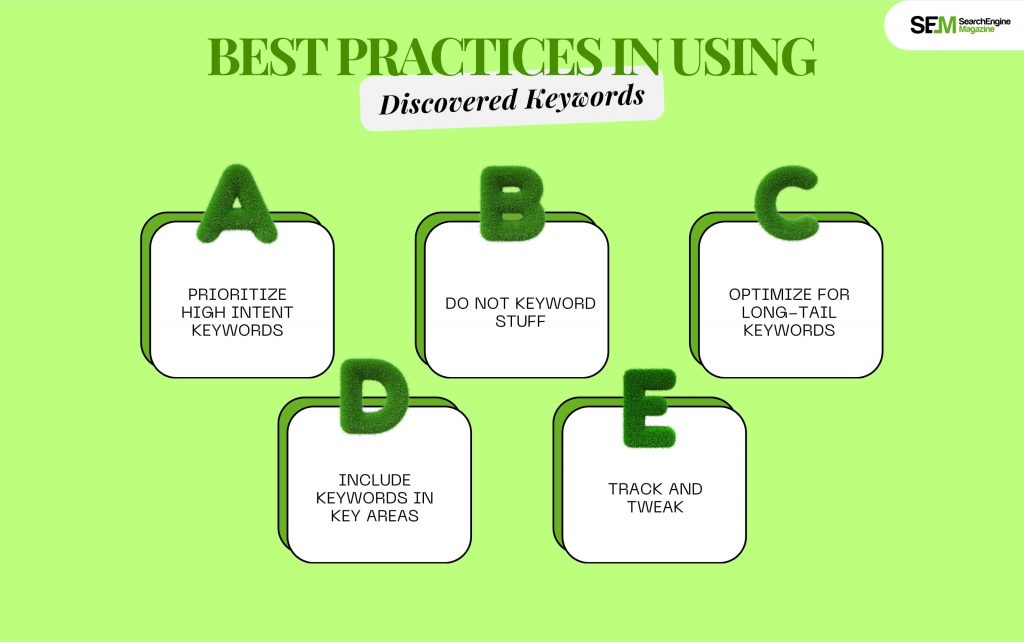How To Know If Someone Blocked You On iMessage? 5 Secret Hacks!
Apr 16, 2025

Apr 16, 2025

Apr 16, 2025

Apr 15, 2025

Apr 11, 2025

Apr 11, 2025

Apr 11, 2025

Apr 08, 2025

Mar 29, 2025
Sorry, but nothing matched your search "". Please try again with some different keywords.


Knowing the keywords of a website is very important in optimizing content, advancing search engine rankings, and driving traffic in the world of digital marketing and SEO.
Keywords are the building blocks of search engine optimization and thus assist both the search engines and users know what a website is talking about.
In this article, we will explain what keywords are, why they are important, how to know the keywords of a website, and how to apply them for SEO success.

Keywords are phrases or words users submit through search engines to find information, products, or services online.
These search terms indicate the user’s intent, and search engines use them to provide relevant results to the search. For instance, if someone searches “best budget laptops,” the keywords will be “best,” “budget,” and “laptops.”

In analyzing a website’s keywords, it is important to understand the difference between primary and secondary keywords and keyword intent.
Keyword intent understanding makes your content relevant to meet your audience’s needs and increase conversion chances.

There are a few methods that you can use to know which keywords a website ranks. Here are some of the most effective ones.
One of the most straightforward ways to find keywords on a website is through SEO tools. A tool can give you much more detailed information by using a more in-depth analysis of how your website is performing, such as ranking. Some popular tools include:
These tools supply full information about the keywords, including organic keywords, search volume, keyword difficulty, and competitor keywords.
You can even look at the website’s source code for meta tags, title tags, and alt text that might include important keywords. Check for:
It may be a partial list of keywords, but at least you will get a feel for what the site developers optimize for on every page.
Use Google to search for keywords pertinent to the website’s niche and analyze the results. Websites that rank high for certain keywords often focus on them in their content.
You can also do this with Google’s Related Searches section at the bottom of the search results page to go even further with ideas for target keywords. This can help you find long-tail keywords as well as other related terms.
Keyword analysis of competitors that attract traffic to sites like yours is an excellent strategy. With this strategy, you could end up with keyword opportunities you may not have otherwise considered. Do the following:
Start by finding competitors for websites that directly compete with yours. You can find competitors through Google using your primary keywords or SEO tools like Ahrefs or SEMrush, which will return a list of websites ranking for similar keywords.
After identifying your competitors, use your SEO tools to look at their keyword strategy:
Analyzing your competitors’ keyword strategies can help you find high-performing keywords applicable to your websites, which may improve your content strategy.

Now that you have found those keywords for either a website or your competitors, all that is left is to apply them effectively. These are a few best practices to apply:
Zero in on keywords that relate to the intent of your desired audience. Zero in on transactional and informational keywords depending on your business objective.
To drive sales, you can zero in on transactional keywords like “buy [product] online.” To attract an audience searching for information, center on informational keywords like “how to use [product].”
While keywords are helpful, overuse them in unnatural ways (keyword stuffing) and that will hurt your rankings. Write content that reads naturally, incorporating keywords meaningfully.
Long-tail keywords are phrases with three or more words and can be less competitive and more specific. They may also attract highly targeted traffic that will probably convert.
Remember to also use keywords in the most relevant sections of your web pages:
Keywords shift over time. Monitor your rankings and tweak your keyword strategy based on changing trends, shifts in user behavior patterns, and other factors.
Some of the most important pieces to know for any SEO strategy are keywords of a website are important whether you are working on your site or conducting competitor analysis.
Knowing what a site ranks for and how best to leverage those rankings can greatly improve your online presence and search engine rankings.
These tools, competitor strategies, and best practices help unlock valuable traffic-driving keywords to increase visibility and conversion.
Remember that keywords play only one part of an SEO jigsaw puzzle, so it is important that you know how to know the keywords of a website. Partly with quality content and backlinks, the strategic use of keywords ensures your website stands out in search engine results, bringing you further to reaching your desired outcomes.
You May Like To Read This:
Nabamita Sinha loves to write about lifestyle and pop-culture. In her free time, she loves to watch movies and TV series and experiment with food. Her favorite niche topics are fashion, lifestyle, travel, and gossip content. Her style of writing is creative and quirky.
View all Posts
How To Know If Someone Blocked You On iMessag...
Apr 16, 2025
7 Website Design Mistakes That Are Hurting Yo...
Apr 16, 2025
Programmable Dynamic SEO for Location-Based P...
Apr 15, 2025
Google Boba Game: How To Play This Fun Game B...
Apr 11, 2025
Which Is The Best Video Search Engine Of 2025...
Apr 11, 2025

